In this article
The terrible twos certainly have a reputation. Many a mom has felt like tearing her hair out over her toddler’s defiant or inappropriate behavior. But it’s important to remember that these developmental milestones indicate a significant transitional period for your child. While it may seem that this phase will never end, you can conquer common behavioral problems by teaching your toddler how to handle their emotional responses. Here’s the lowdown on how to deal with the terrible twos.
What are the terrible twos?
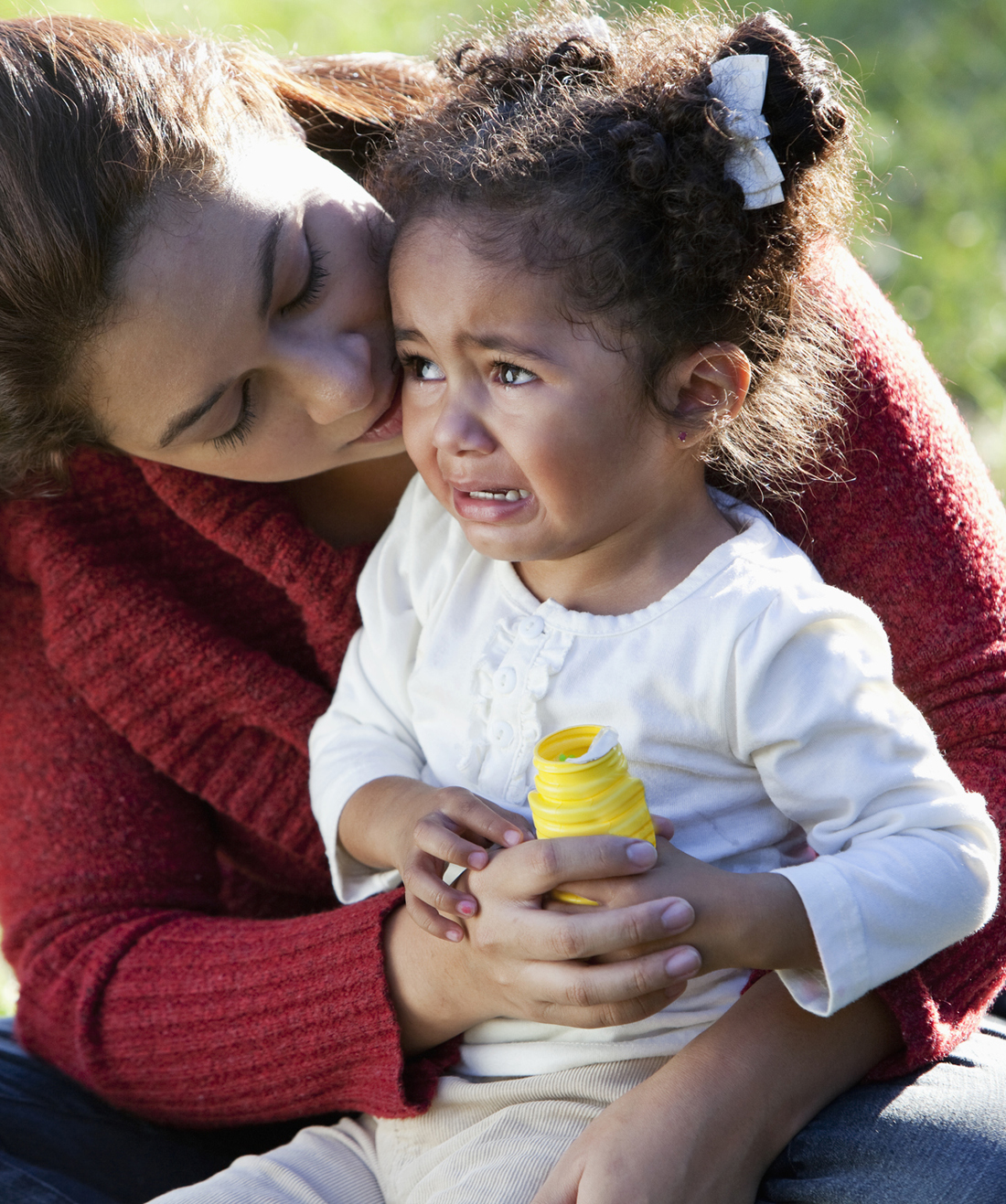
It's important to recognize that toddlers entering the terrible twos stage aren't acting out just for the fun of it. They're hitting significant developmental milestones during this time and as they begin to recognize that they have needs and wants separate from their caregivers, there's some resistance and defiance that comes along with that.
The characteristic terrible twos behaviors that caregivers come to expect and anticipate — because the term has been engrained in our minds and into our society over the years — are completley normal and typical as toddlers hit those developmental milestones and begin to express themselves.
Toddlers at this stage begin asserting independence and self-sufficiency, and communicating their desires, sometimes defiantly, simply because they can. Testing boundaries is a daily occurance in the life of a toddler.
More from Mom.com: All the Terrible Phases From Birth to Age 7
Reframing our thinking on the terrible twos stage
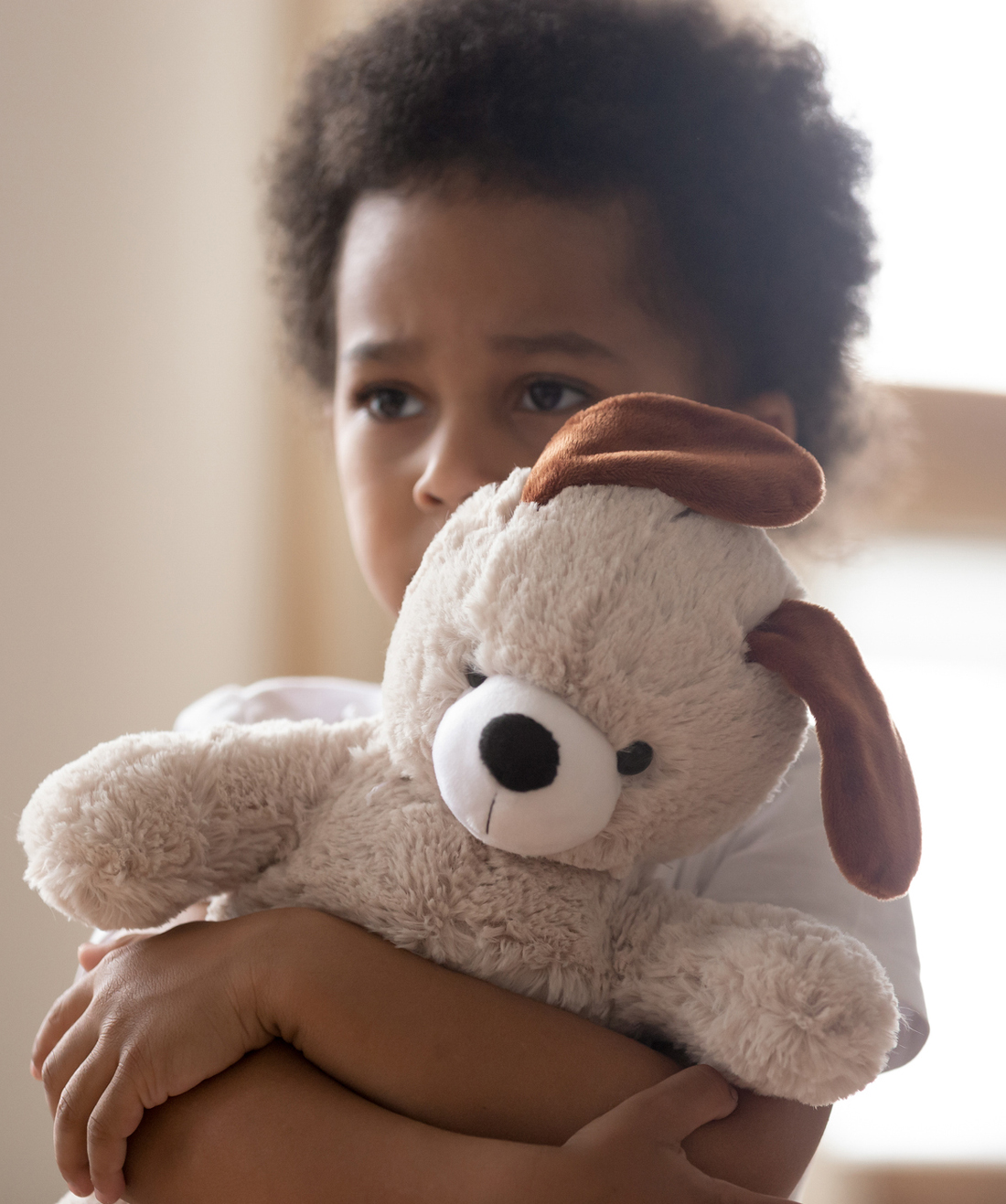
While these behaviors are normal developmentally for your child, it's important to remember that the terrible twos aren't truly about your child. The challenge is a lack of confidence or know-how when it comes to parenting a child who is cycling through these developmental milestones at breakneck speed.
It's a confusing and stressful time for both caregiver and child. That's why reframing how we think about this stage of toddlerhood is so important. June Doran is a homeschooling mom who has learned over the years to set her children up for success when it comes to navigating this seemingly challenging age.
She credits consistent sleep and bedtime schedules, managing expectations around transitions, childproofing her home and being consistent with discipline with helping to minimize tantrums in her home. However, changing her terrible twos behavior mindset had the biggest impact.
"What I realized after a lot of reading was that much of what we consider unacceptable two-year-old behavior comes from immaturity," the mom of five explained on her blog, This Simple Balance. "Toddlers are unable to verbalize their strong emotions with clarity, so they express them physically instead. They don't yet have the impulse control to resist temptation or stop a tantrum quickly."
More from Mom.com: 10 Terrible Toddler Phases
Identifying emotions behind terrible twos behavior
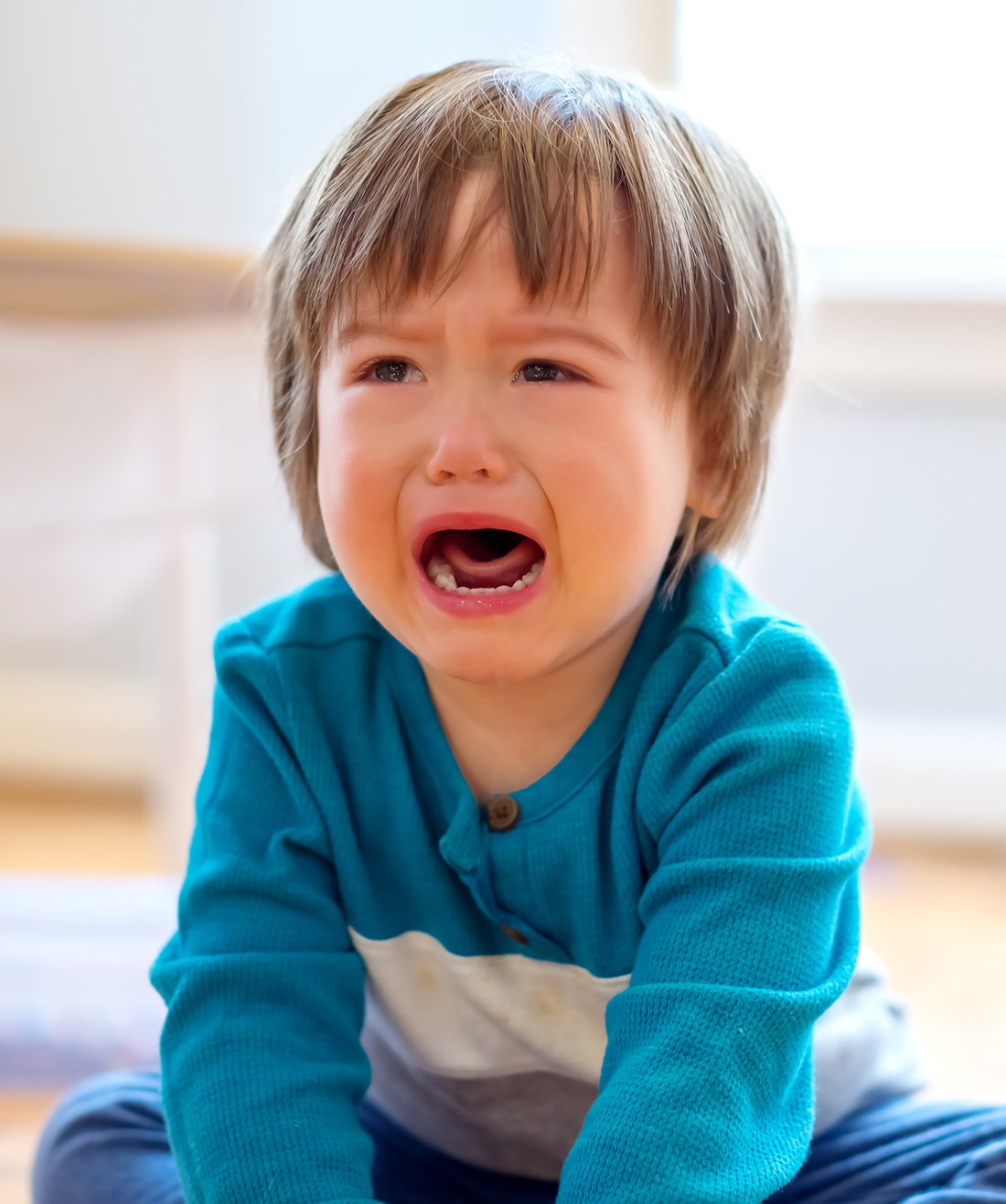
"A lot of the frustration I feel when Jackson acts up isn’t because of his actual behavior — though toddler screaming is a special circle of hell — but rather because I don’t know how to control it and worry I’ll do the wrong thing, which I think many parents would agree with," mom of three Jen Colletta wrote in Philadelpha Gay News. "However, like all aspects of parenting, I think if you strive to act out of love, not impatience, anger or frustration, that’s what matters most."
Communication is frustrating for your child, who desperately wants to be as skilled as you are at expressing his feelings.
Dr. Mollie Grow, a pediatrician at Seattle Children's Hospital, suggests helping your toddler label their emotions. "Saying things like 'You’re feeling angry or frustrated' may help them learn how to express emotions in words later on," Dr. Grow explained in an interview on the hospitals website.
Terrible twos behavior: Defiance
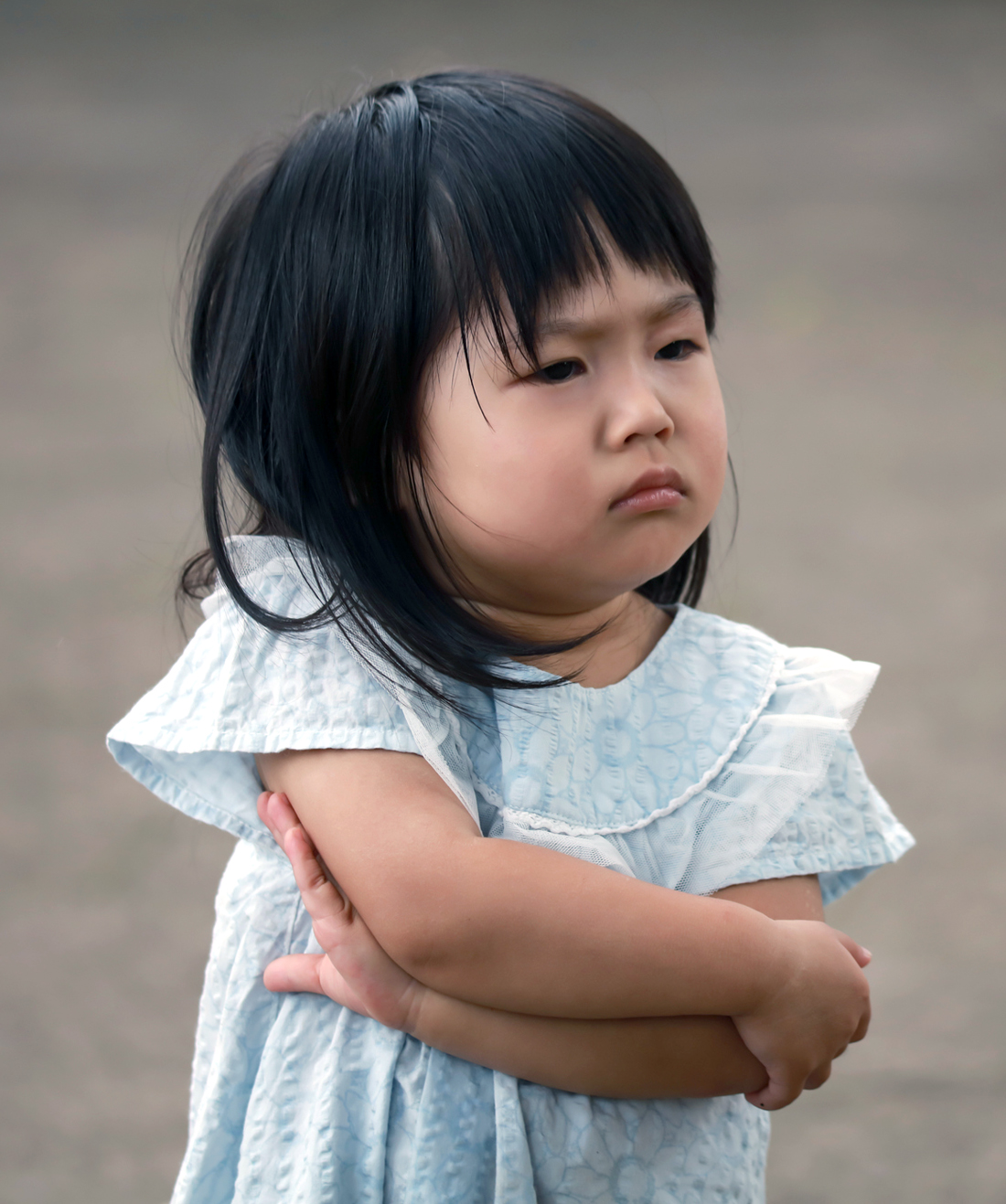
Toddlers who refuse to cooperate are simply testing boundaries. Rather than punish or get into a back and forth with your independent thinker, consider giving your child options. Instead of offering a flat out, "no," let your toddler choose between two options that you're comfortable with. You still "win" this way, but your child feels as though they're making a choice.
How to deal with terrible twos tantrums

Problem number one for toddlers? Tantrums. Kicking, screaming, crying tantrums. Your toddler does not have the language or maturity to express how they feel, so tantrums ensue.
The best way to handle a tantrum is to ignore the behavior; if there's no audience, your child will quickly realize that what they're doing is ineffective. Once your tantruming two-year-old is calm, you can cuddle and engage to get to the root of the problem.
More from Mom.com: 8 Reasons to Be Grateful for Tantrums
Handling aggressive toddler behavior
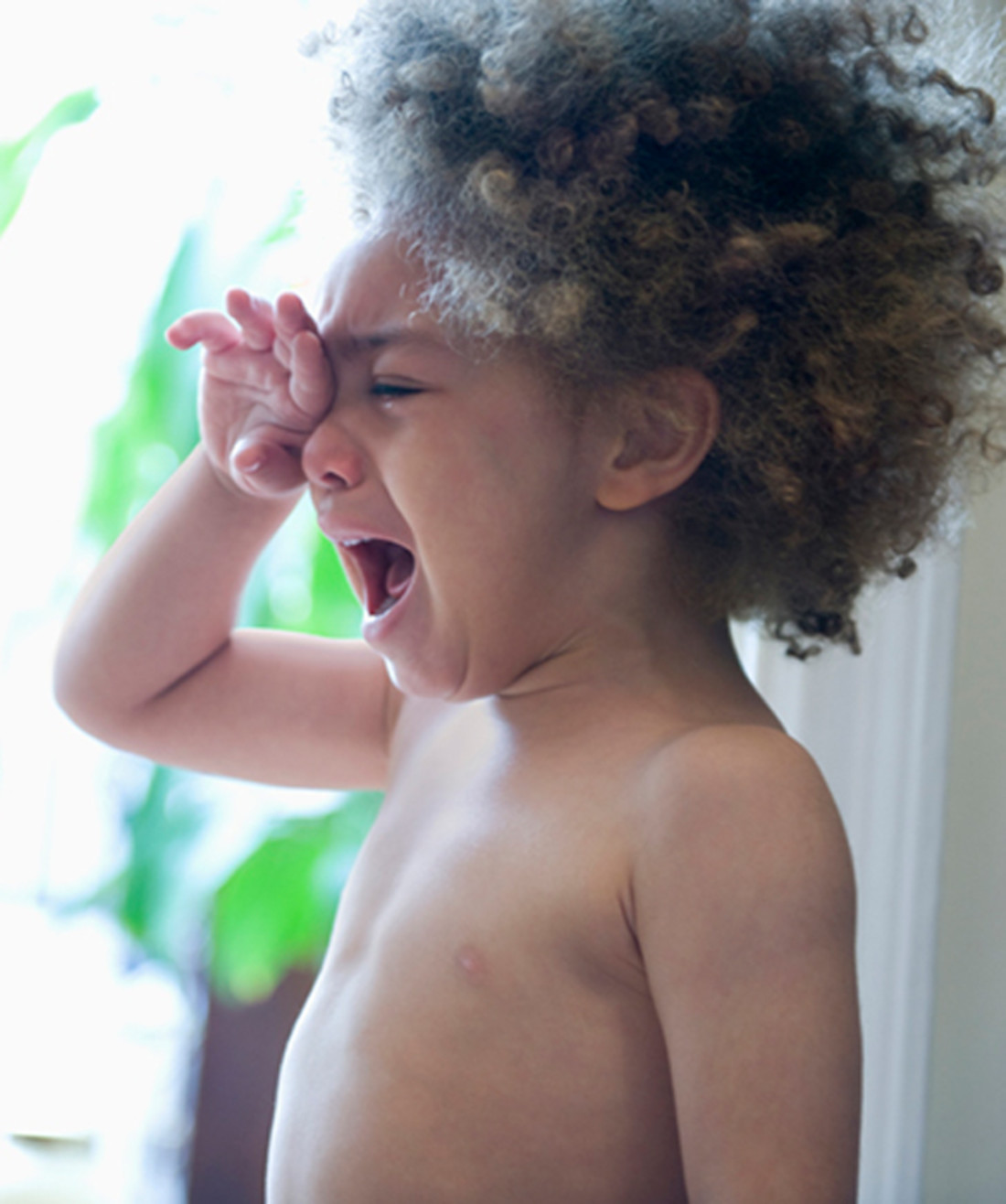
Biting, hitting, slapping, and throwing toys are all common terrible twos behaviors that, much like tantrums, occur when your child feels frustrated, powerless or angry. Acknowledge their emotions, give them words to help identify the feelings and let them know that it's ok to be angry or frustrated, but also communicate that there are proper ways to deal with those feelings.
Terrible twos behavior: Screaming
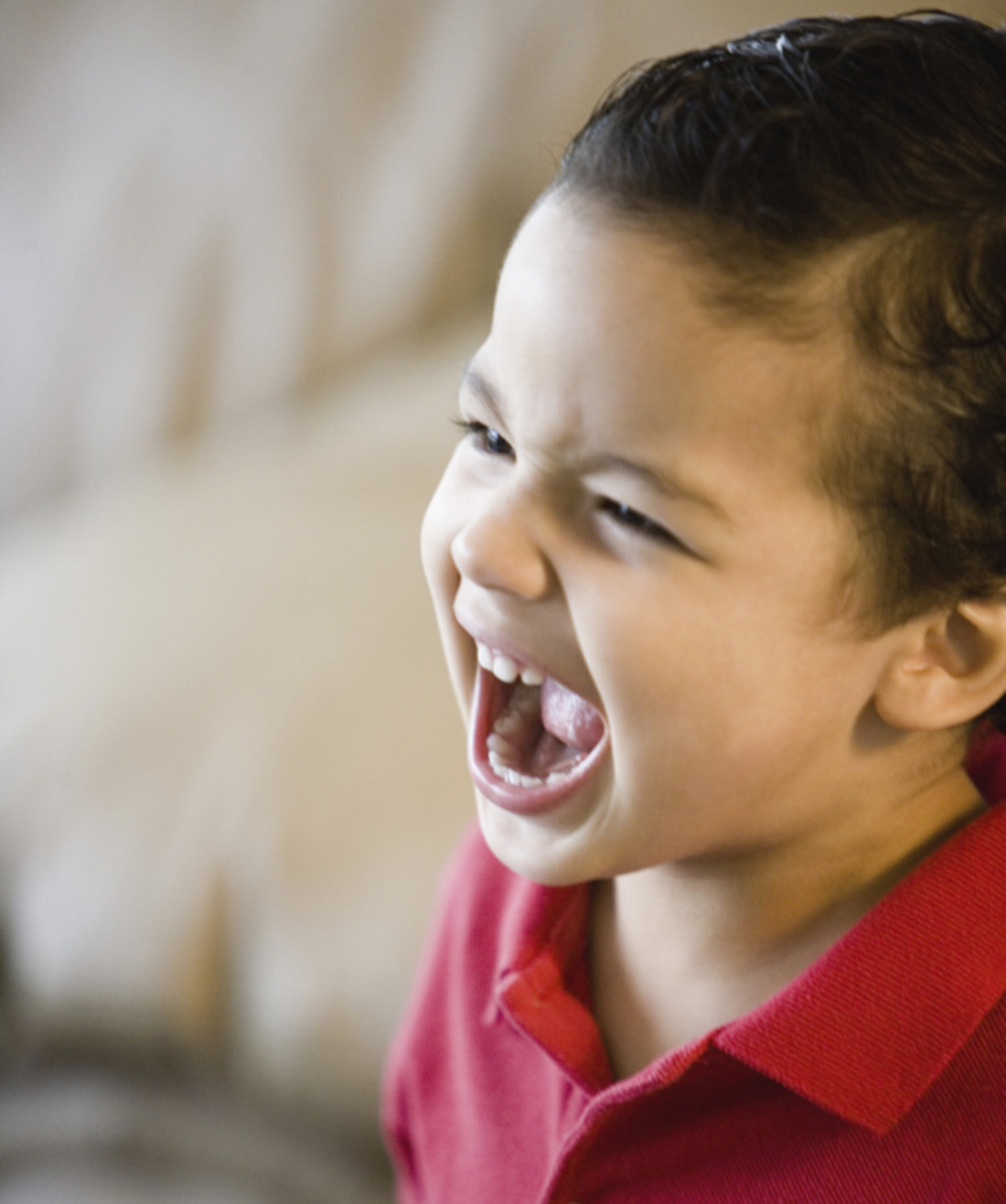
You can always pinpoint the seasoned parents in a restaurant. They're the ones able to tune out a screaming child at the next table.
Screaming is a common behavior during the toddler years and often occurs when a child feels as though they aren't being heard. Of course, some children scream just for the sake of screaming, but recognizing that it's often due to an unmet need, or feeling as though they're being ignored, and engaging and being in the moment with them will help your child better regulate their emotions in the future.
Kids can tell when we're not fully paying attention, despite how convincing we think our "mmhmmms" and "oh yeahs?" are.
What to do when your toddler interrupts

As parents, we often tend to cater to our baby's every whim, especially in those early years. So of course as they reach toddlerhood, many littles come to expect to be first in line when it comes to attention from their caregiver.
As we know, toddlers lack the maturity to recognize when they're interrupting, so this is a crucial time in your child's life to begin teaching them to learn to be patient, wait their turn, pick up on cues and notice pauses in conversation.
Be proactive if you know you're going to be otherwise engaged and your child may want your attention. For example, if you're going to be on a phone call, provide an activity to keep your child occupied so you can finish your business. Or, if you're talking to another parent at the playground, teach your child to get your attention using non-verbal cues like a quick squeeze on your forearm.
Above all, at this age, modeling the behavior you wish to see will be the most effective way to handle terrible twos behavior like interrupting.
What to do when terrible twos behavior seems extreme

While most behavior during this developmental stage is normal, there may be times when your child's actions seem extreme. If this is the case, you may want to consult with your child's pediatrician to ensure there are no underlying issues at play. Stress, anxiety or abuse can cause changes in a child's behavior, so it's always good to err on the side of caution if your child's demeanor seems off. Some extreme behaviors to watch for include, lying, lack of empathy, and showing very little emotion.
"These are signs for parents and doctors to watch out for, as they may signal more than just the terrible twos," Luke Hyde, assistant professor of psychology at the University of Michigan, wrote on the school's website. Hyde, his team and other researches from Penn State and the University of Oregon conducted a study indicating callous-unemotional (CU) behavior in children and its link to the biological mother's antisocial behavior.
"These findings are important because they mean that treatment programs that help parents learn to be more positive can help to stem the development of CU behaviors," University of Michigan research fellow Rebecca Waller explained.





